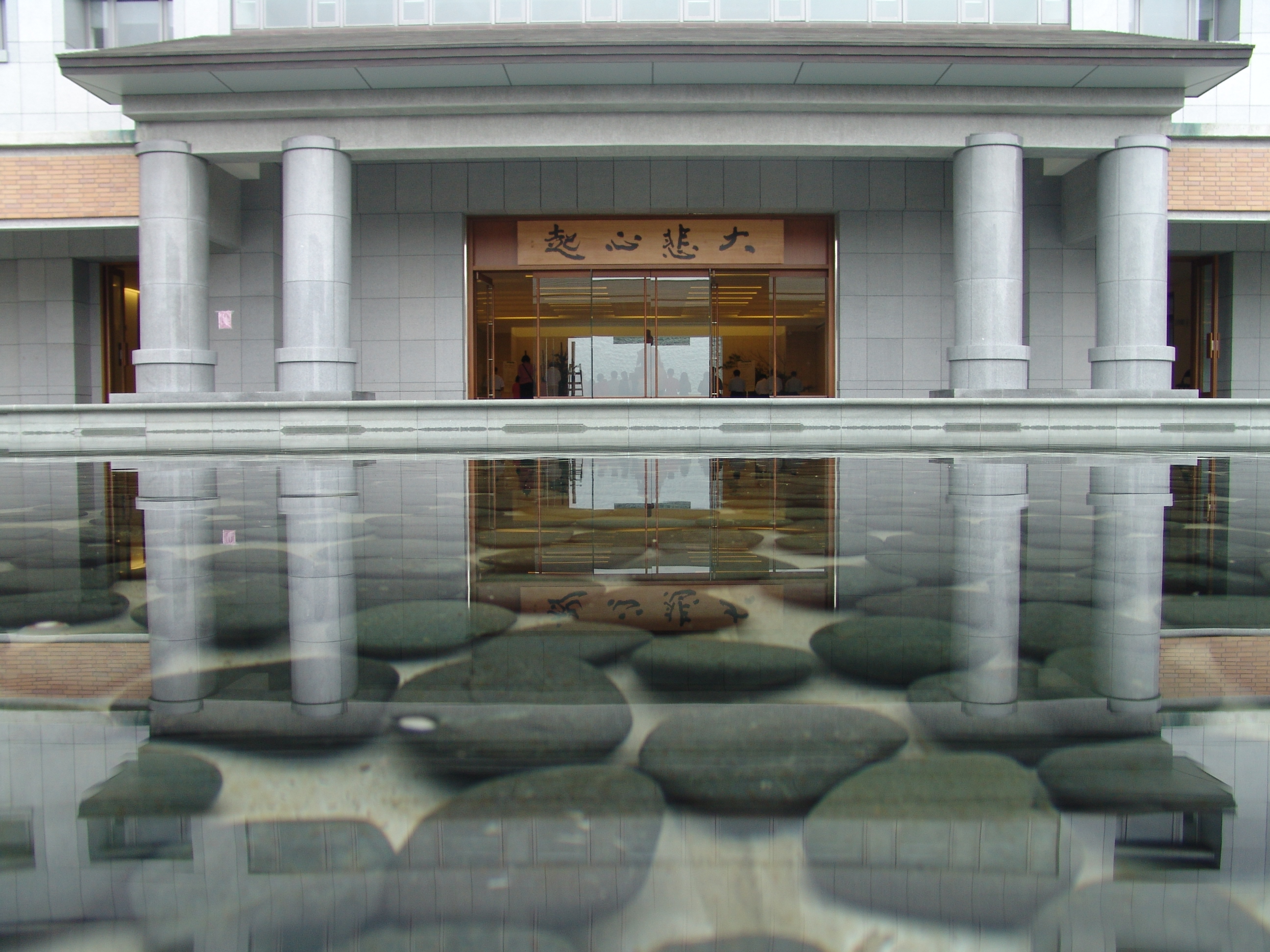Chan Life is Vivacious and Dynamic

Chan is neither religion nor philosophy, but a kind of outlook, style, and way of life. However, Chan life is different from the life of ordinary people; a Chan practitioner does not seek, display, or reject things for oneself, nor does one feel joyful in good circumstances, or troubled in bad; one only needs to live each day like everyone else, doing what should be done and not doing what shouldn’t be, doing what can be done and not doing what cannot. Engaging in society is neither for oneself nor for others, but simply to fulfill ones’ duties.
The principle is that Chan mind neither drifts with the environment, nor departs from it. When the mind does not move with the environment, that is the power of Chan concentration; when the mind does not depart from the environment, that is the function of wisdom, quiescent yet illuminating, illuminating yet quiescent. Being quiescent, it departs from forms and is thus free of them; capable of illumination, Chan mind makes flexible use of everything in daily life, without becoming vulgar or vexed—this is the effect of wisdom. Ordinary people become disoriented if their minds move, and close-minded if their minds are stilled – that is not the life of a Chan practitioner. Now let me cite tow examples as follows.
It is neither the wind nor the flag that moves
1. In the Platform Sutra, it says, “It is not the wind that is moving, and it is not the flag that is moving. It is your minds that are moving.” When Master Huineng sojourned to Faxing Monastery in Guangzhou, he saw two monks arguing about a flag in front of the monastery- one saying it was the wind that moved, the other that it was the flag, each arguing for his own stand. According to the Platform Sutra, Master Huineng told them, “It is neither the wind nor the flag that moves; it is your mind that moves.”
To know that the objects in the environment are moving is common sense, and it is not wrong. If one goes deeper in one’s investigation, one realizes that it is people’s mind that is aware of external objects moving; this is not wrong, either. If one insists that it is the flag or the wind that moves, one will give rise to vexations. Thus, the moving of ordinary people’s minds is called “ discrimination and attachment” because they have definite views of their own; their mind dwells [unyieldingly] on something, and so loses the lively, free spirit. The mind of those who have attained Chan enlightenment will move just the same, but their mind does not dwell on anything, and is free from attachment, so it is the illuminating function of wisdom. Because the mind is free of obstructions, it is lively, dynamic, and free.
Formlessness

2. The verse on “ Formlessness” in the Platform Sutra says,
“ Buddhadharma exists in the world, and enlightenment is inseparable from the world. “ And it says, “ In the dark house of vexations, one must always give rise to the sunny light of wisdom.” We find many similar ideas in the records of Chan. Yet, many misunderstand the spirit of Chan, and misconstrue Buddhism as passive, escapist, and world-weary. Indeed, many who study Buddhism or Chan do display such mentalities. But in truth, Chan is absolutely positives; it is engaged in the world and works to improve it. It is not just a theory or belief, but encourages a lively, free, down-to-earth life. As long as we can practice Chan and put aside impulses to love or hate when meeting fortune or adversity, we can be free, at ease, and in peace. Therefore, Buddadharma is right for daily life; but to seek Buddhadharma by avoiding daily life is to look for hair on a turtle or horns on a rabbit – there is no such thing. For a practitioner who has not attained enlightenment, as long as they know they are not enlightened, they will be close to enlightenment. Once they find that reality is originally “just so” and put down all attachment to longing or detesting, that will manifest in an enlightened state. This shows that delusion and enlightenment live next door to each other, and are even two names of one thing. Wisdom arises from vexations, and is applied to vexations. If we are willy-nilly, over-scrupulous, tentative, craving this and disliking that, then we will find obstructions everywhere. If, becoming inured to the unusual, and knowing they are vexations, we neither reject nor accept them, wisdom is right here and now, and we are free and at ease with whatever we encounter.
Resources
Chan and Enlightenment, Chan: Carrying Water and Firewood, pp.188-190.
Talks given by Master Sheng Yen, at Chuang Yen Monastery, New York, December 8, 1990 (Additional Text written at the Chan Meditation Center, Nwe York)